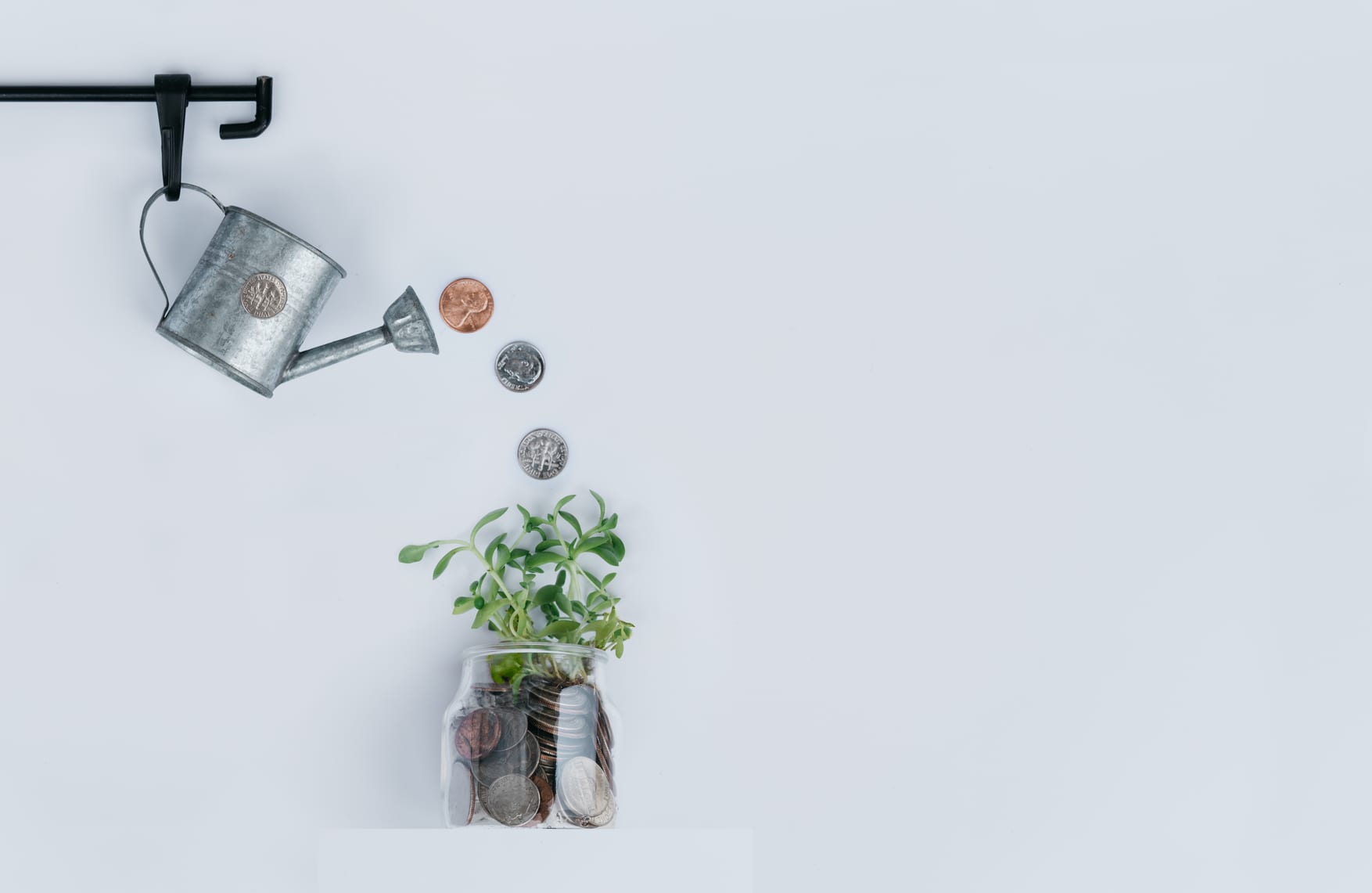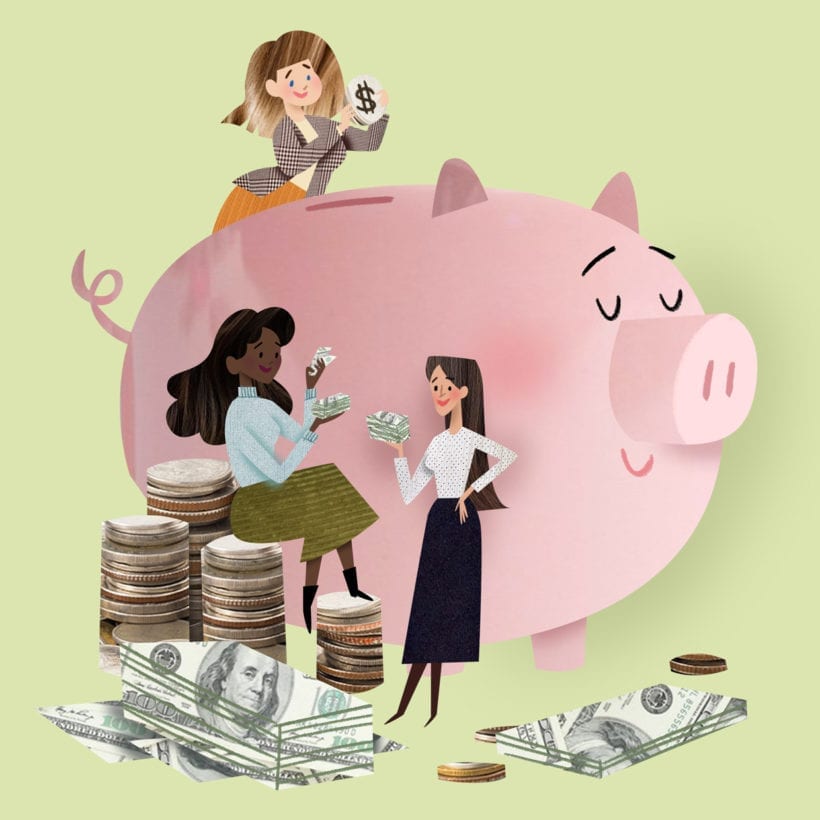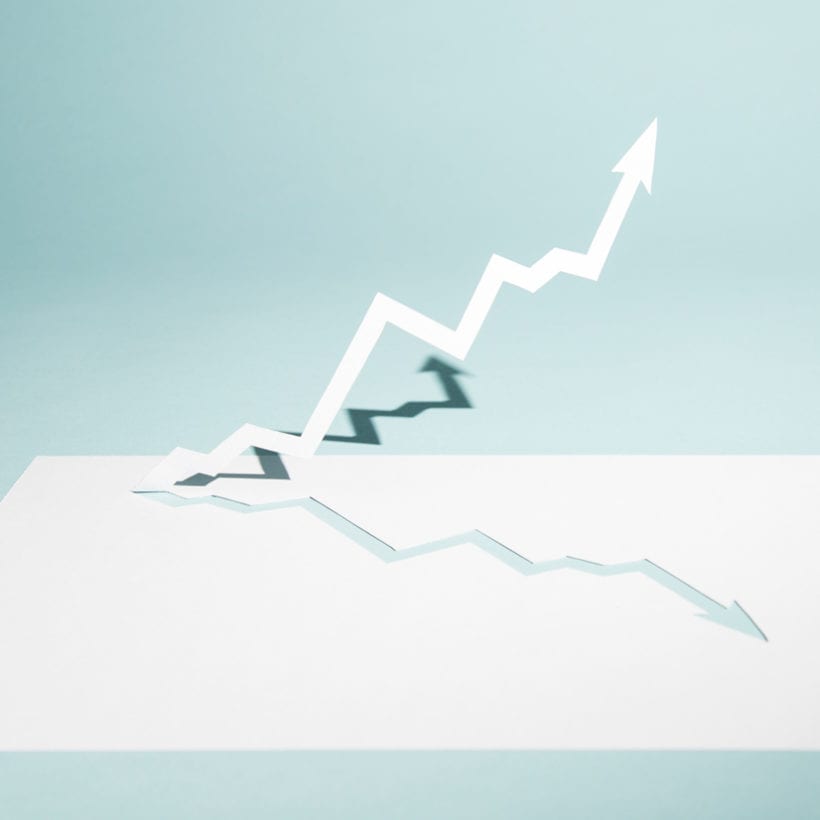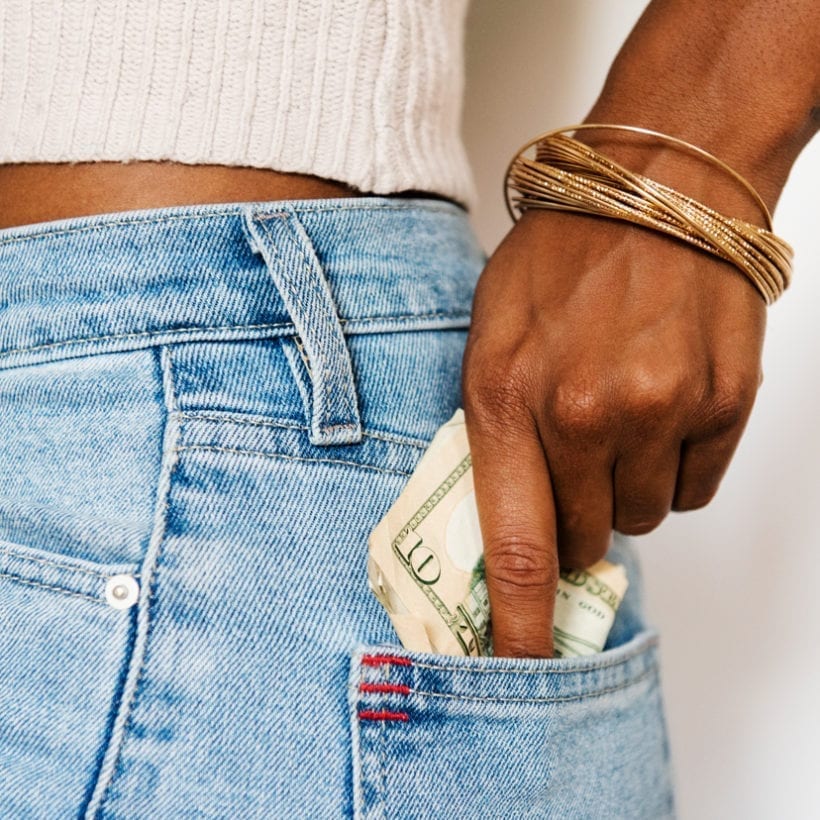You’ve cut down your meat intake, stopped buying fast fashion and swapped the plane for the train but have you considered where you store your money? When it comes to living a low-impact lifestyle, banking is often an area that is totally overlooked. However, choosing your financial provider can have a huge impact on whether you help or hinder the state of the planet.
When you deposit money into a bank, it doesn’t just sit there until you spend it. The bank uses your money as part of its wider investments. You don’t have any say in where this money is being invested and with traditional banks, this is often in unethical and planet-damaging businesses. For example, gun manufacture, deforestation or fossil fuels. It’s also highly likely it will be supporting a political party and not necessarily one that puts climate high up on its agenda (or one you would vote for). During the 2016 election cycle, big commercial banks donated $40,730,096 to political candidates. While the numbers aren’t in for 2020, it looks set to follow a similar pattern with the Wall Street Journal reporting that The American Bankers Association alone plans to spend $10 million on its political program.

“This means your own money can be working against everything you care about and swamping the good you do in the other ethical, environmental decisions you make,” Andrei Cherny, CEO at Aspiration, a California-based conscious bank, explained. On the flip side, switching to a bank that invests in businesses that align with your values has the potential to drive positive environmental change.
Here’s what you need to know:
What is ethical banking?
Sometimes known as an alternative, social or sustainable bank, an ethical bank aims to take into account how its investments impact people and the planet. These banks still drive to make a profit — they are not a charity — but do so by avoiding negative social or environmental impact.
“Ethical banking means finding a financial partner that empowers you to make a positive impact with your money in your daily spending and saving decisions,” Cherny defined.
How should you choose a green-approved bank?
While the term ‘ethical banking’ is pretty loose, a good first step is to look for banks that claim to operate in a conscious way. In general, this means avoiding the ‘big banks.’ Cherny has two key suggestions for finding the right provider: “Look for a bank that does no harm and look for a bank that helps you do good.” For instance, decide which industries you don’t feel comfortable supporting and check the banks’ investment portfolio accordingly.
Secondly, see how each bank acts in a positive way beyond its choice of investments. This could be a tree planting scheme, carbon offsetting, community or charity projects, diversity employment schemes or plastic-free offices. According to Mintel, for every new customer, new bank Greenwood will provide five free meals to a family in need, every debit card purchase will have a round-up-the-change feature to donate to the NAACP, United Negro College Fund, or Goodr, and every month, Greenwood will provide a $10,000 grant to a Black or Latinx small-business owner who is a Greenwood customer.

Transparency is key here. Ethical banks should make this information easy to find and be able to answer questions you have about the way they work.
One easy way to sort the wheat from the chaff is by checking whether the bank you’re considering is approved by an ethical certifying organization. Certified B Corporations, The Global Alliance for Banking on Values and World’s Most Ethical Companies Honoree List are all good places to start when looking for an eco-friendly bank. Plus, always check it’s FDIC- or NCUA-insured.
What about a retirement plan?
If you have access to a retirement plan via your employer, chances are it’s not likely to be invested with an ethical provider. According to the Plan Sponsor Council of America, only 2.9% of 401(k) plans have a single fund dedicated to environmental, social and governance issues. While you can certainly club together with fellow employers and speak with the HR department about how the company invests in their retirement plans, it is not a given you will make meaningful change.
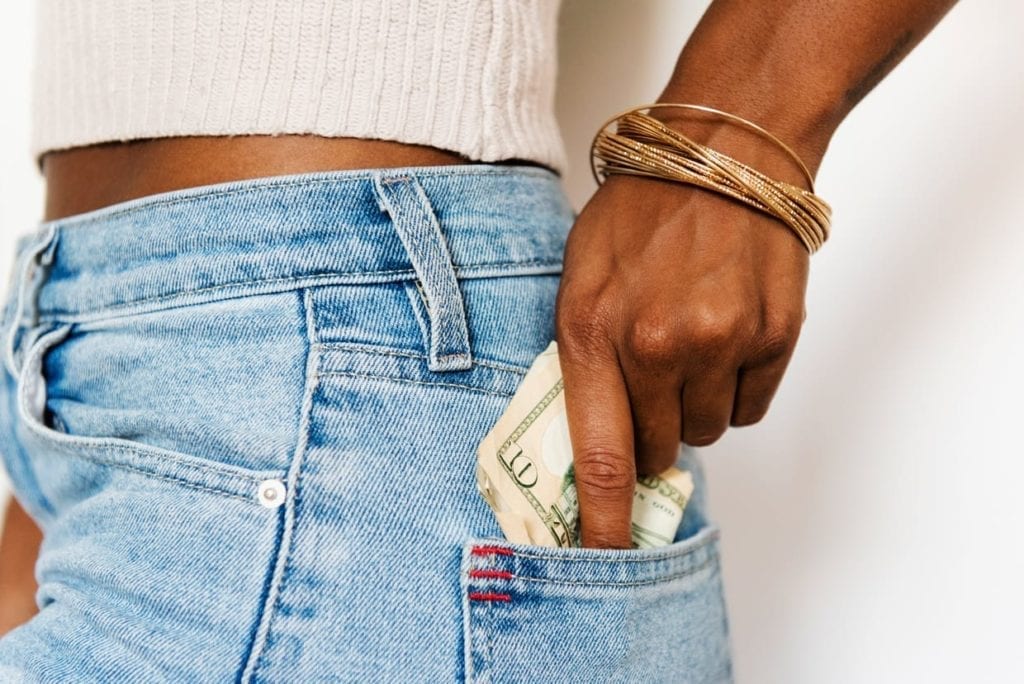
However, if you are saving for retirement independently, it’s worth making the switch to an ethical bank. According to Make My Money Matter, an ethical pension campaign group, moving to a more sustainable fund can have 27 times as much impact in reducing your carbon footprint than giving up flying and becoming a vegan combined.
How ethical banking makes an impact
Using a green-approved bank or investing in ethical funds has the power to make real change.
London-based EQ investors, a B Corp wealth manager, detailed in their 2020 Positive Impact Report £1 million (approx $1.3 million) worth of investment generated 25 tonnes of recycled waste (the equivalent of 26 households), 202MWH of renewable energy (the equivalent of 61 homes) and 78m liters of clean water (the equivalent of 1,404 households).
“The coronavirus pandemic has reset the global economy and public opinion has shifted. There is now a much wider acceptance that we need to invest in solution providers now, in order to create a future world for the benefit of all,” Damien Lardoux, Head of Impact Investing at EQ investors, stated in the report.
